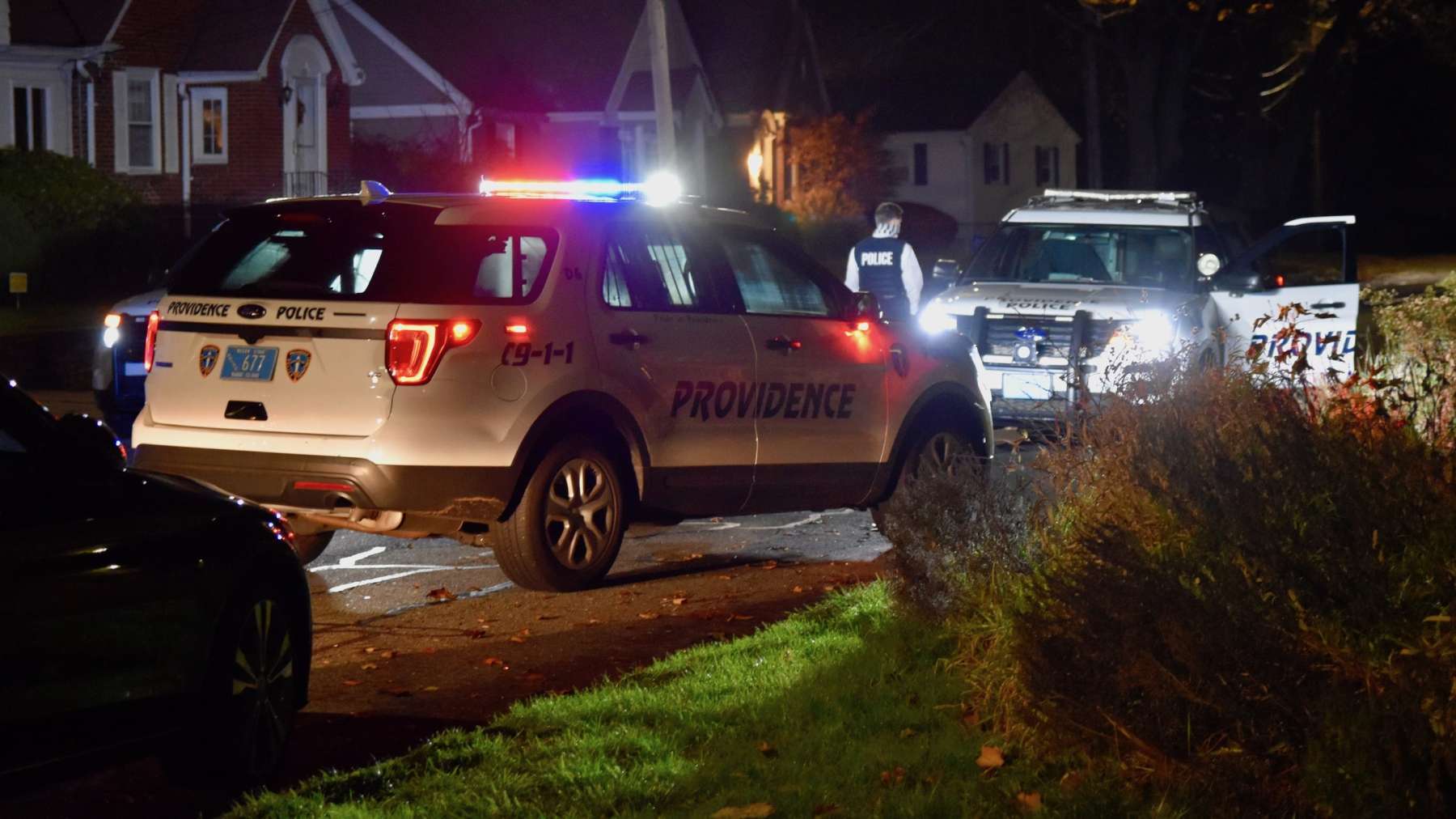Civil rights groups decry downplaying of racial disparities in police traffic stops
“It is time for the state to grapple with, rather than find excuses for, the presence of racial profiling on our streets and highways,” said Steven Brown, Executive Director of the ACLU of RI. “Until state laws are strengthened, we fear the excuses will continue and people of color will continue to bear the brunt of discriminatory police practices.”
November 21, 2020, 9:18 am
By Steve Ahlquist
Frustrated by the release of annual reports that minimize racial profiling patterns shown by police traffic stop and search data, three civil rights groups have issued a letter opposing, in the absence of significant amendments, reinstatement of a recently expired law requiring analysis of that data and issuance of those reports. The opposition was voiced by Rhode Island for Community and Justice, the Rhode Island Commission for Human Rights, and the ACLU of Rhode Island – three organizations that lobbied successfully 20 years ago for the first law in the country requiring statewide collection of traffic stop data, and that have consistently advocated for this information throughout the succeeding years, in order to address the problem of racial profiling on the state’s roads and highways.
The latest iteration of the data collection law, the Comprehensive Community-Police Relationship Act, was enacted in 2015. The provision at issue, which expired in June, required all police departments in the state to record detailed information about traffic stops and searches and further required the issuance of annual reports analyzing that data for racial disparities. For the past four years, the data analysis and reports have been provided by a contracted vendor, Central Connecticut State University. The groups’ letter, sent to CCSU and copied to legislative leaders, describes in detail and decries how the reports consistently find evidence of racial disparities, yet also consistently vindicate police departments against any allegations of racial bias.
If the data collection requirement is to be reinstated – which some legislators have expressed support for doing in the pending state budget proposal – the groups’ letter calls for amendments to the statue, including stronger requirements to guide police departments’ response to documented disparities, and a reanalysis of data collected thus far. The letter concludes that “simply gathering and analyzing more data [as currently done] only postpones confronting the ugly truth behind the statistics – a truth that just about any person of color can attest to from their daily experiences, and that the statistics themselves confirm until they are rationalized away.”
The groups emphasized their support for the continued collection of traffic stop and search data, with appropriate use, while criticizing the way the data has both been analyzed by CCSU and used by police departments. A copy of the letter can be found here.
“Having been involved in the effort which led to the passage of the country’s first law mandating statewide collection of traffic stops data, I am disheartened to see where we are twenty years later,” said Michael Evora, Executive Director of the Rhode Island Commission for Human Rights. “Racial disparities in stops and searches persist. Our community – confronted with not only national but also local examples of what can happen to black and brown bodies at the hands of law enforcement – deserves more from legislation aimed at rooting out racial profiling. We demand more.”
“I hoped that the research done over these past four years – because it included interventions with the worst-scoring departments – would help uncover, address and reduce racial profiling,” said Toby Ayers, Executive Director of Rhode Island for Community and Justice. “Instead I have seen attempts to rationalize away the data. I continue to believe in the necessity of this work, but the process must be improved. This affects people’s lives; it affects how community and police live together.”






